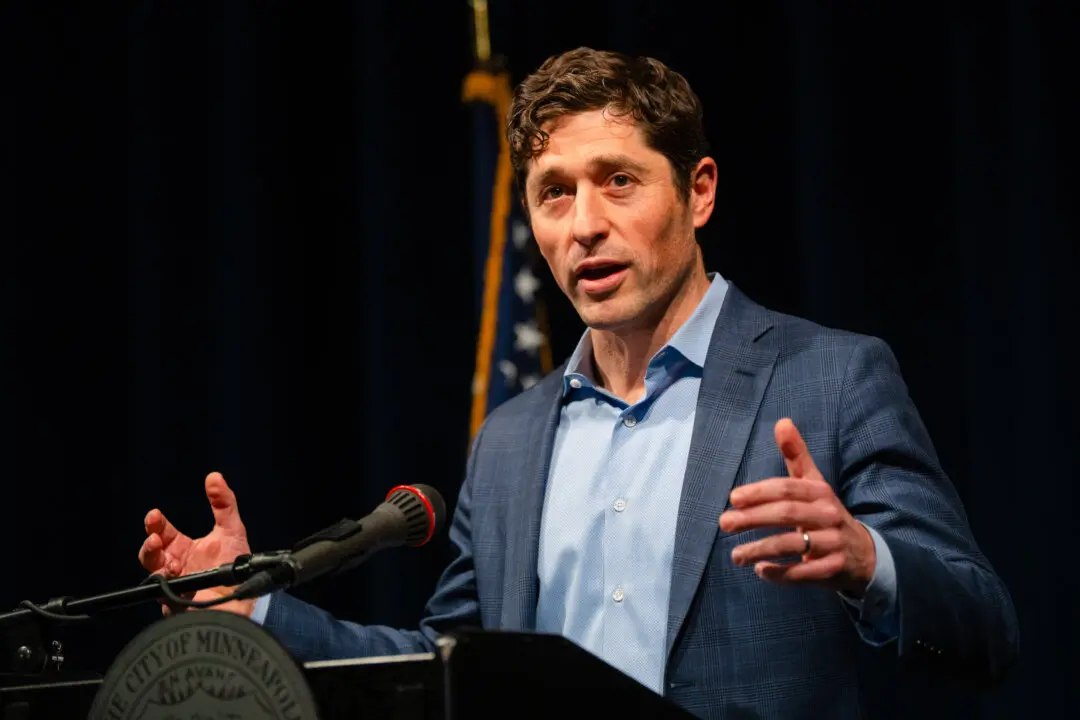LITTLE ROCK, Ark.—One big question should frame the debate over transgender medical treatments, especially for minors, an expert witness testified in a federal trial here: “We can feminize bodies and masculinize bodies. The issue is: Should we?”
That question isn’t asked often enough, Dr. Stephen Levine said on Nov. 28 during a trial that will serve as the nation’s first legal test of a law banning transgender medical procedures for minors.





